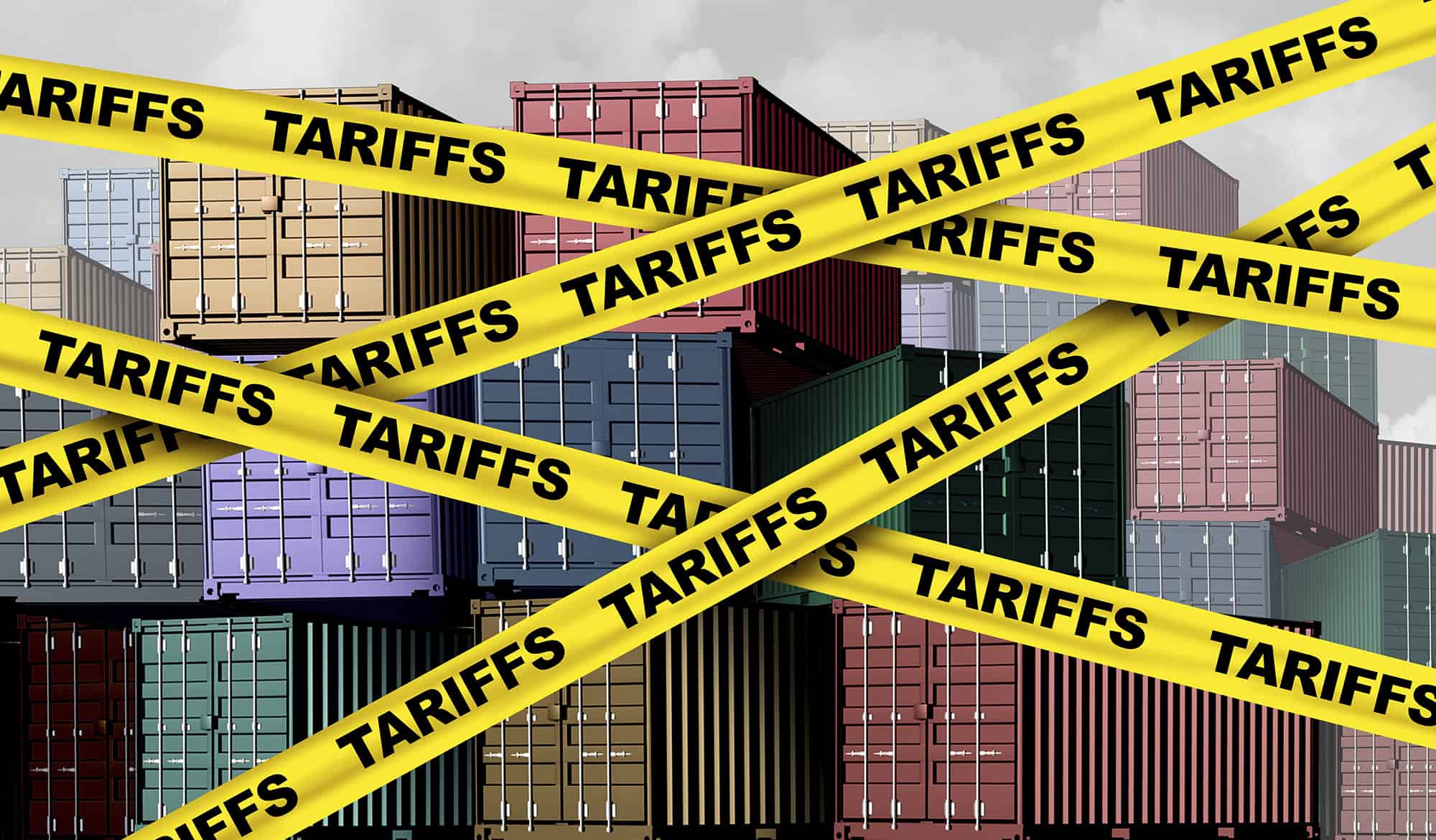If his nomination by President Donald Trump receives Senate confirmation, Stephen Miran will be the next chair of the Council of Economic Advisors.
A 41-year-old Boston University graduate with a PhD in economics from Harvard and now a senior strategist at hedge fund Hudson Bay Capital, Miran is one of the rare economists who believes that 20% tariffs could benefit the US.
During Trump’s first administration, Miran was a senior adviser at the US Treasury Department. Since then, he has been an adjunct fellow at the conservative think tank Manhattan Institute, where he loudly criticized President Joe Biden’s Treasury Secretary Janet Yellen and Federal Reserve Chair Jerome Powell.
There are “bad predictions that tariffs will cause horrible inflation, or the president can’t affect the dollar,” he posted on social media. “Both are false.”
Miran suggests that under a steeper tariff regime, importers would reduce margins on their imported goods to avoid losing market share and not increase their prices much. He acknowledges that foreign countries could retaliate with tariffs on US goods.
Reshaping global trade carries risks. Nevertheless, the threat of tariffs against China, Canada, Mexico, or the EU could be used as a negotiating tool to extract concessions. For example, if China does not curb exports of fentanyl precursors, the US could retaliate with new tariffs. If the European Union wants to remain under the US defense umbrella, it would have to absorb higher duties from Washington.
For Miran, such gambits can make the US richer.
“It’s about time we actually tackled problems instead of letting them slide,” he wrote on social media in November. Later, he doubled down on his ability to “create a booming, non-inflationary economy that brings prosperity to all Americans.”
Against other economists’ fears of price increases and a stronger dollar, Marin proposes the “Mar-a-Lago Accord,” modeled on the Reagan-era Plaza Accord. In exchange for lowering tariffs, he told American Conservative magazine, foreign countries would have to make certain concessions, such as respecting American intellectual property and, in the case of NATO members, accepting greater defense burden-sharing.
Time will tell if Miran has found his narrow path.




